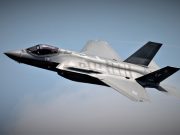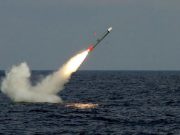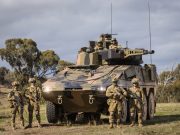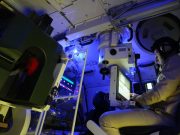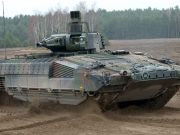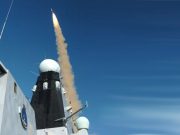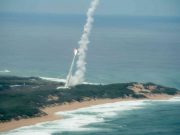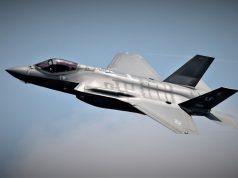The US Defense Advanced Research Projects Agency (DARPA) has awarded Lockheed Martin a $5.8 million contract for the first phase of satellite integration on the Blackjack program.
The contract will see the company define and manage interfaces between Blackjack’s bus, payload and Pit Boss – its autonomous, space-based command and data processor. Additional scope includes testbed validation of internal and external vehicle interfaces.
“Lockheed Martin has built and integrated a variety of payload types and sizes for every type of mission and we bring all of that experience to the Blackjack program,” said Sarah Reeves, vice president of Missile Defense Programs at Lockheed Martin. “This is an exciting new approach to plug-n-play design for LEO and we are up for the challenge.”
DARPA’s Blackjack program aims to develop and demonstrate the critical elements for a global high-speed network in low earth orbit (LEO) that provides the defense department with highly connected, autonomous, resilient, and persistent coverage employing multiple payload types and missions. Future phases of Blackjack are expected to include build, test, and launch of a demonstration constellation in 2021-2022.
Blackjack seeks to incorporate commercial sector advances in LEO, including design of LEO constellations intended for broadband internet service, of which the design and manufacturing could offer economies of scale previously unavailable.
Program objectives include development of payload and mission-level autonomy software and demonstration of autonomous orbital operations including on-orbit distributed decision processors. Additionally, the agency wants to demonstrate payloads in LEO to augment NSS assets. The driver will be to show LEO performance that is on par with current systems in geosynchronous orbit with the spacecraft combined bus, payload(s), and launch costs under $6 million per orbital node while the payloads meet size, weight, and power constraints of the commercial bus.




